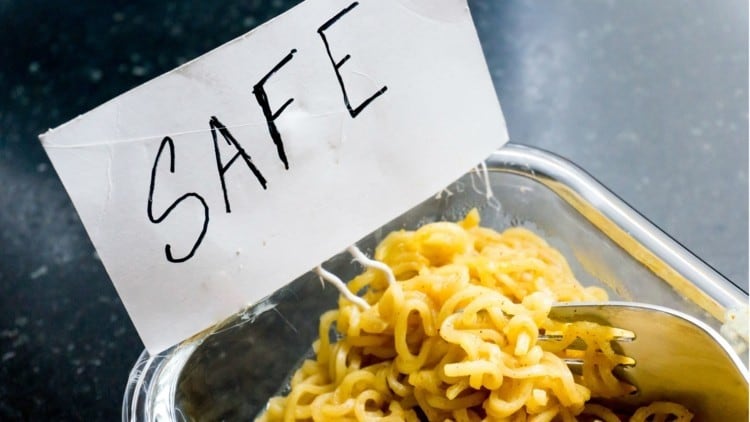India has long been facing challenges with food safety compliance in the local food sector, with products such as alcohol and dairy often ranking high on the local most-adulterated products list.
Local food safety authority FSSAI launched a food safety portal dubbed Food Safety Compliance System (FoSCoS) several years back, but this has primarily been operated in English, and smaller domestic businesses have had trouble navigating as a result.
FSSAI has recently launched a version of the FoSCoS in Hindi, hoping to attract more local food firms to utilise the portal.
"Since its nationwide launch in 2020, FoSCoS has emerged as a single access point for food businesses and regulatory authorities across the country, streamlining all compliance-related activities," FSSAI said via a formal statement.
"It has played a pivotal role in the digital transformation of various food safety processes, simplifying adherence to regulatory norms for food businesses nationwide [and now] this Hindi language portal is a further significant leap.
"This will enhance user experience and accessibility, which is an important step towards enhancing business operational efficiency in the food industry."
With the small and medium food businesses that have trouble understanding English as a primary target for this locally-focused portal, FSSAI has plans to expand this local concept to include more local dialects in the future.
“The introduction of the Hindi version of FoSCoS [is aimed at] getting food businesses, entrepreneurs and stakeholders from diverse linguistic backgrounds to seamlessly access and leverage its services,” the agency added.
“There will also be more versions launched in other regional languages coming in due time, which will make it even more user-friendly for an even wider audience moving forward.”
There are 20 other regional languages in India besides Hindi, including amongst these Bangla, Kashmiri, Malayalam, Punjabi, Tamil, Telugu, Urdu and more.
Compliance complications
FSSAI is attempting to tackle the local food safety issues from multiple aspects despite the many challenges faced, with this portal launch just the latest in a long string of initiatives to improve local compliance.
Other attempts have included nationwide crackdowns and large-scale tests of food products, as well as mandating laboratory improvements.
“There will be no tolerance for food adulteration in India,” Union Minister for Health and Family Welfare Dr Mansukh Mandaviya declared earlier this year.
Unfortunately, India has a long track record of conducting such crackdowns and making such declarations over many years, but food adulteration has persistently remained a major concern locally.
Compliance has clearly been a major hurdle in making improvements, as can be seen from the most recent India State Food Safety Index published by FSSAI earlier this year that saw even its top performing states in terms of food safety still yielded low compliance scores – with a high score of just 18 out of 28 overall for top scorer Punjab.
It is possible that this lack of compliance could be language-related, so it is certainly hoped that the launch of the local language platform will yield significant improvements in the area of food safety in India.


